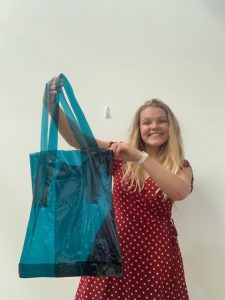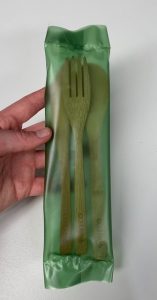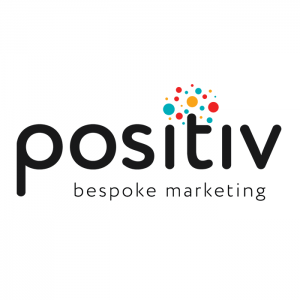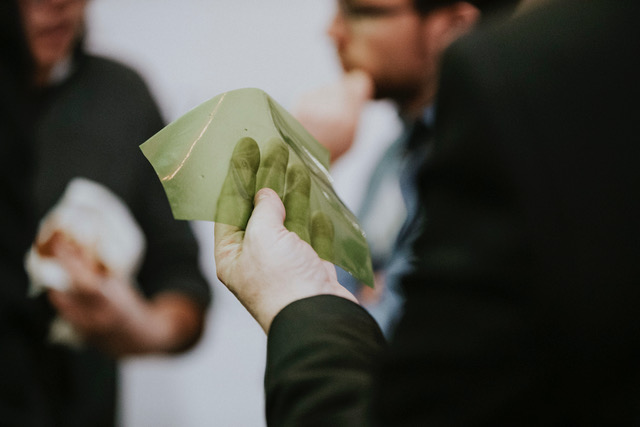
(Feature image: Kat Stanley Photography)
Plastic manufacturing impacts the environment. Packaging is under the spotlight in Australia. Are we doing enough?
By Positiv Pty Ltd Australia Director Rene Rose.
Government Ministers have set the target of ensuring that 100% of Australian packaging goods will be recyclable, compostable or reusable by 2025 or earlier. The 100% target will be delivered by the Australian Packaging Covenant Organisation – an agreement between the Australian, state and territory governments and the packaging industry. It applies to businesses in a supply chain that produce packaging or packaged products with an annual turnover of $5 million or more.
While we applaud these efforts – and acknowledge that Australia is leading the charge in comparison to other major manufacturing companies like the United States – 2025 may already be too late.
The environment is losing its battle against single-use plastics, a fact made more frightening when one considers that 300 million tons of plastic are produced each year. Plastic manufacturing has been linked to:
- Over 99% of plastic is made from chemicals sourced from fossil fuels.
- The chemicals added to plastic are absorbed by human bodies, leading to negative health effects.
- Plastic debris, laced with chemicals and often ingested by marine animals, can injure or poison wildlife.
- Habitat disruption in the environment.
- Plastic buried deep in landfills can leach harmful chemicals that spread into groundwater.
 Biodegradable plastic products seem like the obvious alternative to this devastating environmental impact, but many of these products are less environmentally friendly than they seem.
Biodegradable plastic products seem like the obvious alternative to this devastating environmental impact, but many of these products are less environmentally friendly than they seem.
Other biodegradable plastic materials such as PLA and PHA are recyclable and industrially compostable, but many recycling plants do not support these plastics and compost facilities remove them, believing them to be normal plastic. These ‘biodegradable’ plastic materials still take up to five years to breakdown and can produce methane, a harmful greenhouse gas.
Could the solution lie in replacing plastic packaging with packaging made from naturally produced animal by-products?
The young founders of CARAPAC – a company founded on our own shores – certainly think so. They’ve created a packaging material built from the chitosan contained in crustacean skeletons as a truly biodegradable alternative to plastic food packaging.
CARAPAC products naturally break down in soil in just three to six weeks, provide the soil with many nutrients and acts as a slow release nitrogen fertilizer, making CARAPAC the world’s only waste negative packaging solution. The packaging material also has anti-fungal properties to extend the shelf life of fresh produce by four to six days longer than single-use plastic alternatives.
 So why – given all these benefits – hasn’t this product been adopted by manufacturers across Australia? Because it is currently very costly to produce – three times that of traditional plastic packaging. This cost is in line with if not cheaper than current biodegradable alternatives and cheaper than cardboard. With scale the cost can be even more competitive at 1.8-2x the cost of plastic.
So why – given all these benefits – hasn’t this product been adopted by manufacturers across Australia? Because it is currently very costly to produce – three times that of traditional plastic packaging. This cost is in line with if not cheaper than current biodegradable alternatives and cheaper than cardboard. With scale the cost can be even more competitive at 1.8-2x the cost of plastic.
It doesn’t have to stay that way, though. The 2025 Australian National Plastic Targets offer manufacturers a rare opportunity to replace harmful products and processes with a truly sustainable solution – not just one that meets the requirements on the surface.
If more manufacturers choose to embrace zero waste solutions, the price point can become more affordable simply by the laws of supply and demand.
Here’s hoping that sustainable manufacturing becomes a reality and not just a buzzword – our future depends on it.

About Rene Rose and Positiv
With a fistful of experience gained in the advertising and marketing sector, Rene landed a job as a marketing manager at a multinational gear drive solution company. It didn’t seem like the dream job, but it became the love of her life. She worked her way up the ranks and in 2015 started her own company, Positiv, specialising in marketing for the manufacturing sector. Positiv takes care of large multinationals and local manufacturers.


